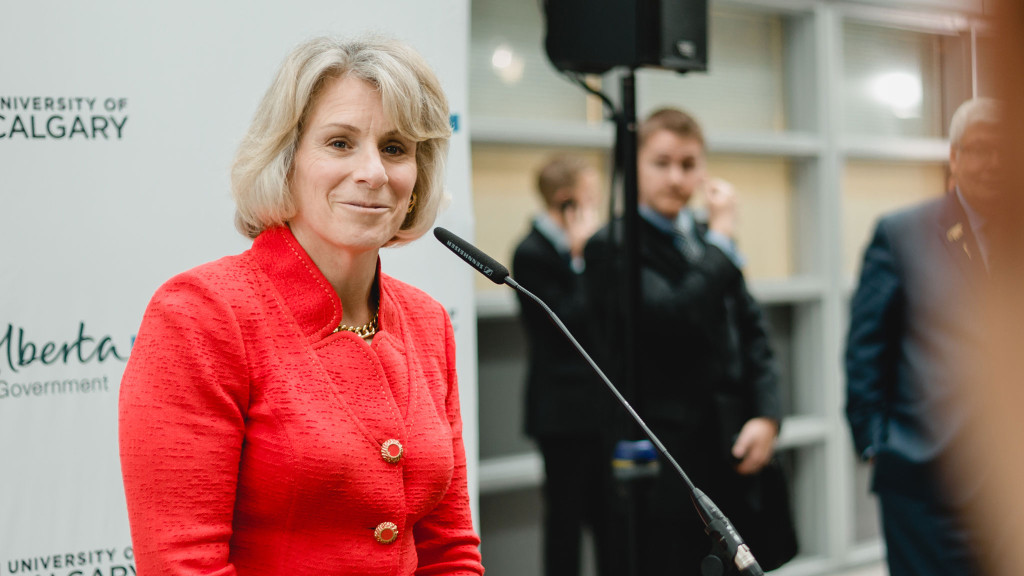
Alberta needs reasonable limit on university executives’ salaries
April 9 2018 —
University of Alberta students recently protested a four-per-cent budget cut amid static executive salaries. Minister of Advanced Education Marlin Schmidt also condemned the U of A administration for these missteps. Furthermore, students criticized Ryerson University’s president for his salary when Ontario’s sunshine list was released last week. The presidents of those schools made $824,000 and $410,000 overall last year, respectively.
Contention regarding exorbitant university executive salaries is nothing new. University of Calgary president Elizabeth Cannon’s salary has been a topic of controversy for years — in 2017, she made $480,000 in base salary, as well as $116,000 in “other cash benefits” and $301,000 in “other non-cash benefits.”
With Alberta politicians calling out inflated salaries of university executives, there has never been a better time to question why university executives salaries are so overwhelmingly disproportionate to other public servants. More importantly, the U of C has a chance to set a better precedent with Cannon’s impending resignation.
This isn’t to question the skills and knowledge required to run a post-secondary institution. Cannon is an accomplished academic who could undoubtedly make even more money in the private sector — an argument often used to justify bloated executive salaries. However, that comparison carries little weight because of the prestige and honour that comes with privileged public sector positions. It’s essential to attract top talent to the public sector and Cannon should be fairly compensated, but how much is too much?
For comparison, the presidents of the University of Toronto, the University of British Columbia and McGill University all earn significantly less than the $897,000 Cannon made last year, even though their schools are among the top-ranked in Canada. There is no doubt that presidents of the U of T, UBC and McGill would also earn more working in the private sector. It is unclear why operating the U of C requires higher compensation than the same role at other schools — especially since the U of C’s international ranking is consistently lower than these institutions.
It’s likely that if Cannon held a town hall to talk about her salary, she would hear from students who suffer every day due to the cost of their education, just like those protesting at the U of A. It’s unjust that students have to endure mental health struggles, unsafe living situations and other barriers to their education when Cannon and other administrators make an exorbitant amount of money for managing an average-ranked school.
In an interview with the Gauntlet, Minister of Advanced Education Schmidt said, “We want the money that we spend on higher education to go to students and classrooms. That’s why we’re going to take action to reign in executive salaries in the higher education system.”
These actions can’t come soon enough. And we hope those in charge of looking for Cannon’s replacement consider the impact of their decisions on the U of C’s student population. University presidents should be fairly compensated — but many Canadian universities have far exceeded reasonable compensation for these executives.
— Gauntlet Editorial Board
